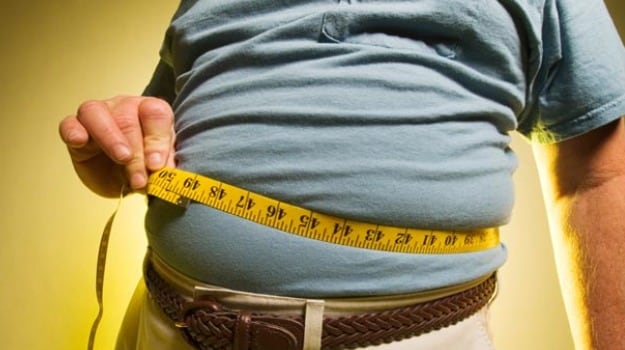The dilemma of whether to gorge on calorie packed delicious treats or to go on a strict diet and lose extra kilos to transform into a fitness freak , always prevails in our mind. Sometimes, people will want the best of both the worlds and that's how the fad diets of today came into existence. When your goals are not clear about what you want to achieve, that's when these diets come into play. People follow fad diets when they need to get rid of those extra kilos fast. To fit into that old blue jeans or that little black dress, one falls into the trap of fad diets.
But what are fad diets? One should know what it really is before taking a plunge onto what may or may not yield positive results. Fad diets are simply like fashion trends. They come and go. Just like how a piece of clothing suddenly becomes the most flattering outfit during its reign in the fashion market, mostly because everyone is wearing it; a fad diet becomes the most promising way to lose weight. The goal is to lose weight as rapidly as possible. There are different kinds of fad diets that exist in today's times.
( Also Read: Are Fad Diets Causing Excessive Hair Loss? Read This!)

Here are some of the fad diets that are in vogue these days for weight loss -
1) The Atkins Diet
This is a low-carb diet. The belief behind this diet is to completely avoid foods with high carbs and then dig into as much protein-rich and high fat foods as you want. It was founded by the physician Dr. Robert C. Atkins, who wrote a best-selling book about it in 1972. Mainstream health authorities have criticised it immensely for misleading people. They tout it as an unhealthy way to lose weight and also think that this diet endorses saturated high-fat foods. One of the biggest reasons why most diets focus on low-carb food is because when you replace it with high protein food, you start feeling fuller for a longer period of time and thus indulge in less calories, which then creates a caloric-deficit. This is how one loses weight with this diet.
(Also Read: Atkins Diet Deconstructed: Should You Follow it? Experts Speak)
 Protein-rich meals will leave you feeling full for longer
Protein-rich meals will leave you feeling full for longer2) The Zone Diet
This diet expects you to be particular about everything you eat. You are only supposed to eat a certain amount of carbs, proteins and fats in every meal. Ideally, you should try to add vegetables equivalent to your palm size onto the plate. The zone diet expects you to follow the specific ratio of 40% carbs, 30% protein and 30% fat. Carbs should have a low glycemic index, which means they provide a slow release of sugar into the blood to keep you fuller for longer. Protein should be lean and fat and should be mostly monounsaturated. Dr. Barry Sears who came up with this diet, believed that humans gain weight due to inflammation in their body, and this could only be reversed by following a particular diet that constitutes of a certain number of carbs ,fats and proteins.
 Following a particular eating pattern is necessary for this diet
Following a particular eating pattern is necessary for this diet3) The Ketogenic Diet
This diet too, much like the Atkins diet, expects you to indulge in low-carb foods. This diet is based on the fact that eating low carb foods leads to feeling less hungry throughout the day and you ultimately end up losing a massive amount of weight. Your body enters into a metabolic state which is known as ketosis. When this happens, your body becomes extremely efficient at burning fat. Fat is then converted into ketones which sends out energy for the brain. Apparently, people not just feel light but also reach their optimal level physically and mentally.
(Also Read :Does Ketogenic Diet Work? These 5 Celebrities Sure Think So!)
 Ketogenic diet includes these foods
Ketogenic diet includes these foodsIt is important to remember that fad diets are not scientifically proven. Their benefits may have shown up in several studies but there are studies disapproving these claims as well. If you want to follow a diet, you must take it up with your nutritionist or dietitian before you start following it.
Disclaimer:
The opinions expressed within this article are the personal opinions of the author. NDTV is not responsible for the accuracy, completeness, suitability, or validity of any information on this article. All information is provided on an as-is basis. The information, facts or opinions appearing in the article do not reflect the views of NDTV and NDTV does not assume any responsibility or liability for the same.
(This content including advice provides generic information only. It is in no way a substitute for qualified medical opinion. Always consult a specialist or your own doctor for more information. NDTV does not claim responsibility for this information.)








